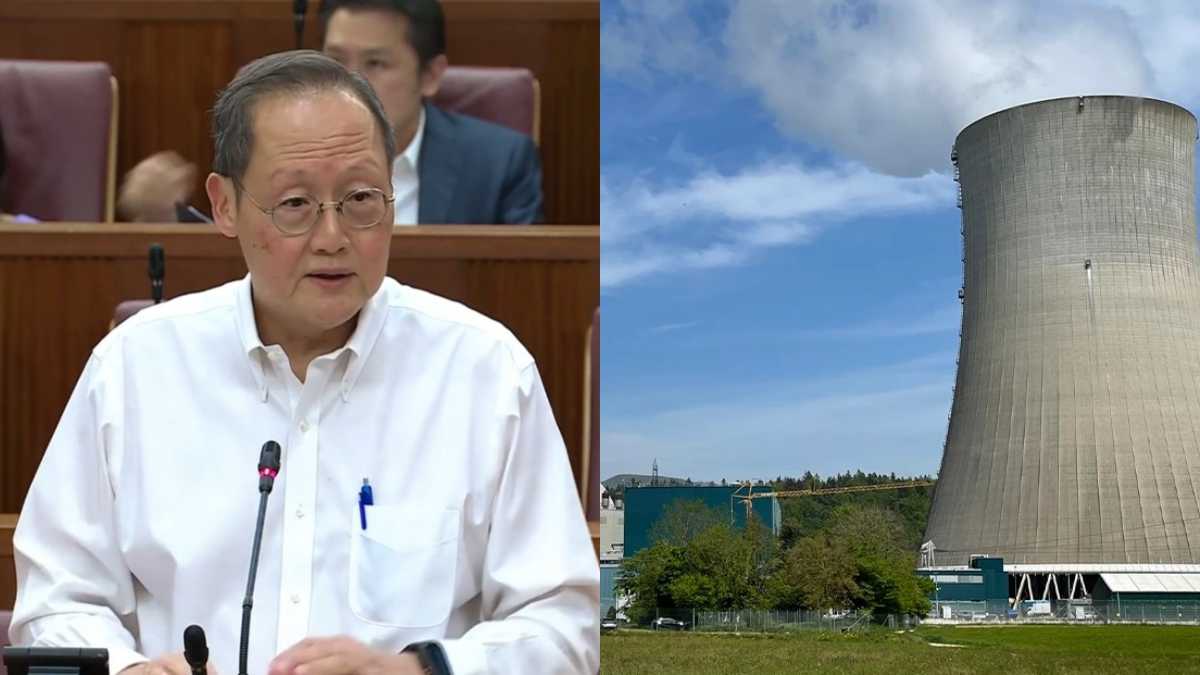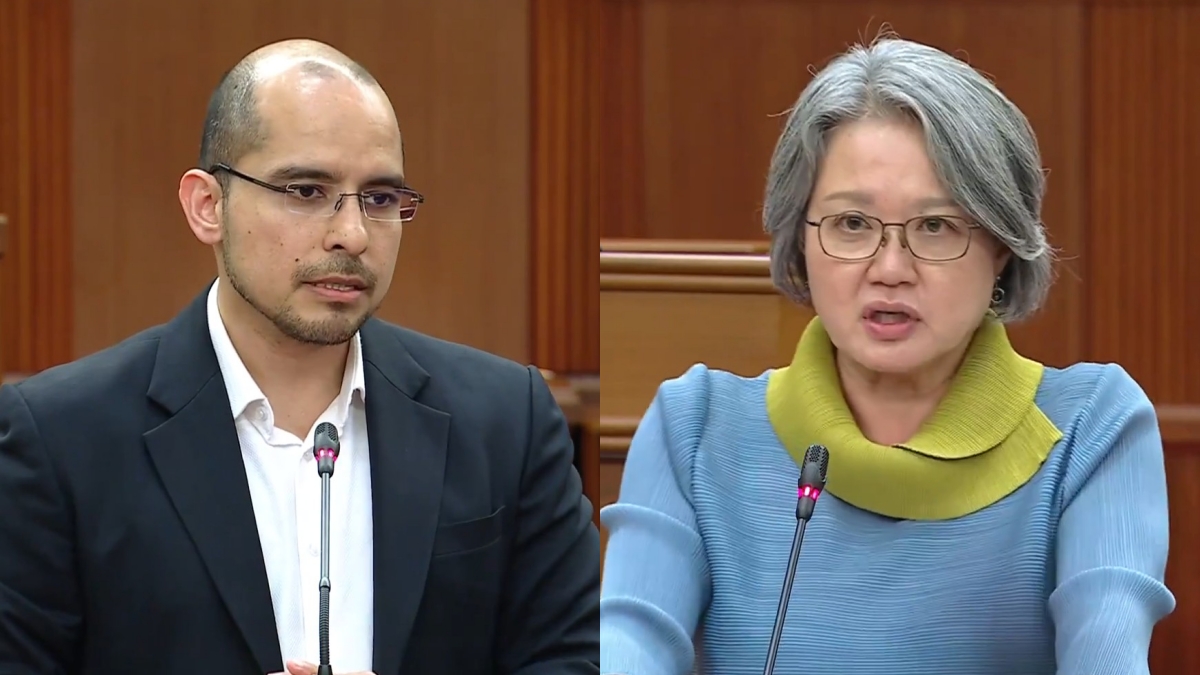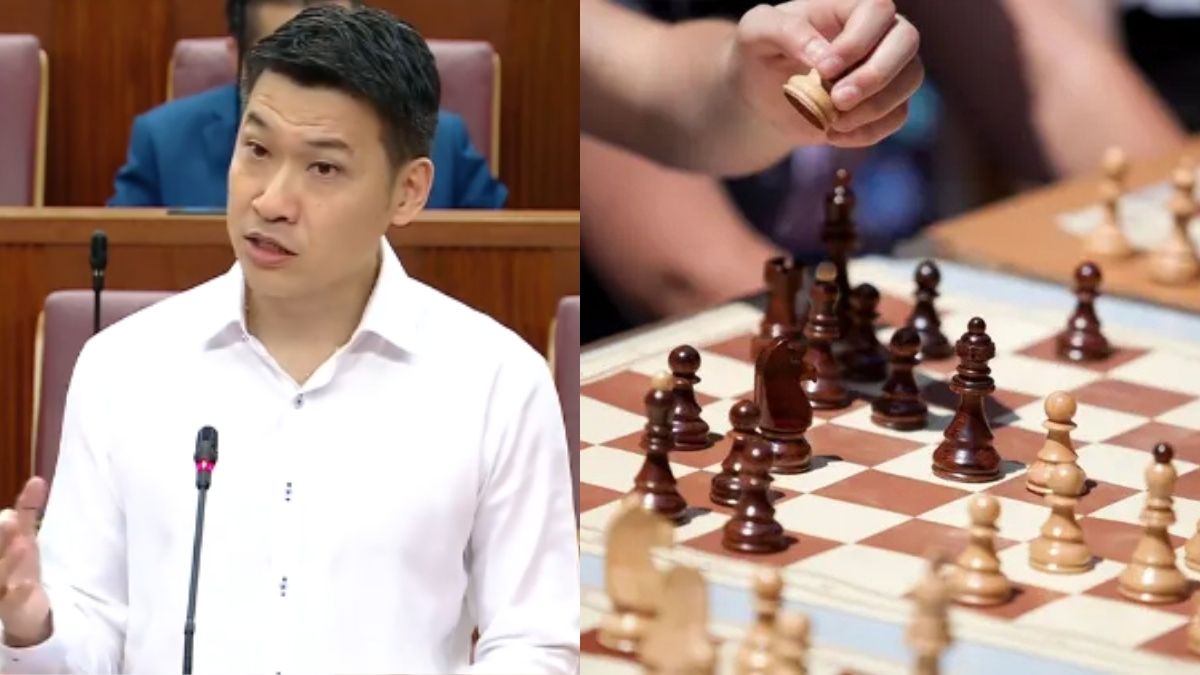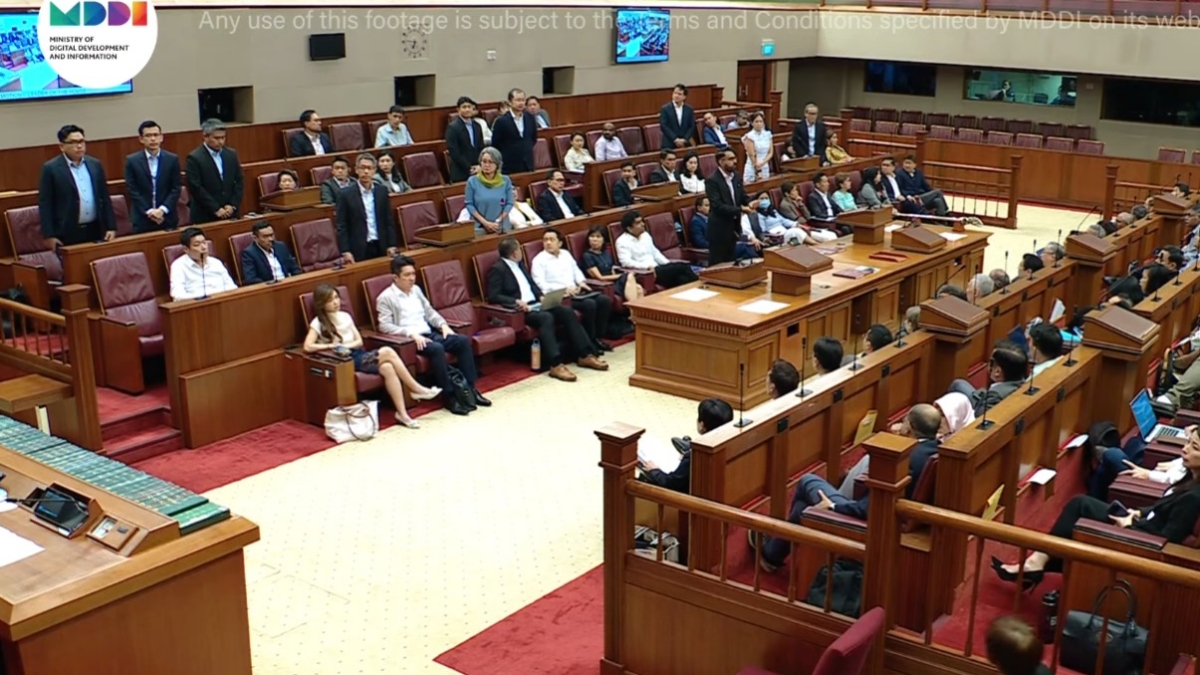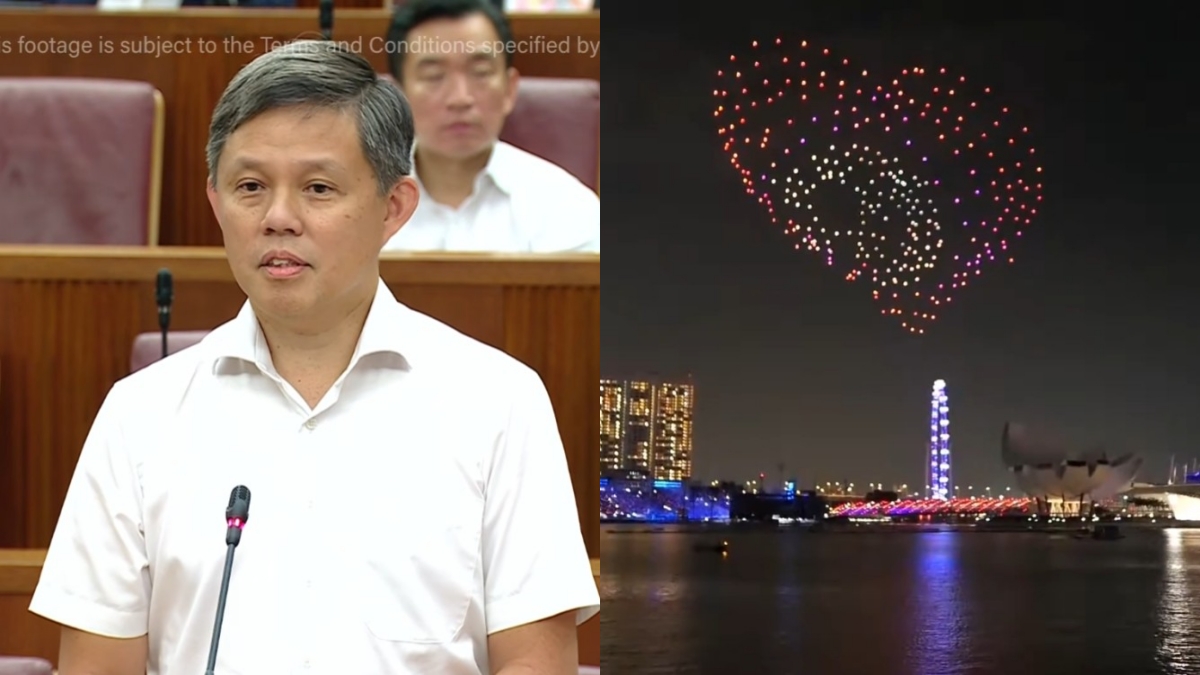Parliament passes Workplace Fairness (Dispute Resolution) Bill to strengthen redress for discrimination cases
Parliament on 4 November 2025 passed the Workplace Fairness (Dispute Resolution) Bill, establishing a legal framework for resolving workplace discrimination disputes. The law, set to take effect by end-2027, seeks to provide fair, efficient mediation and safeguards against frivolous claims, though MPs voiced concerns on accessibility and fairness.
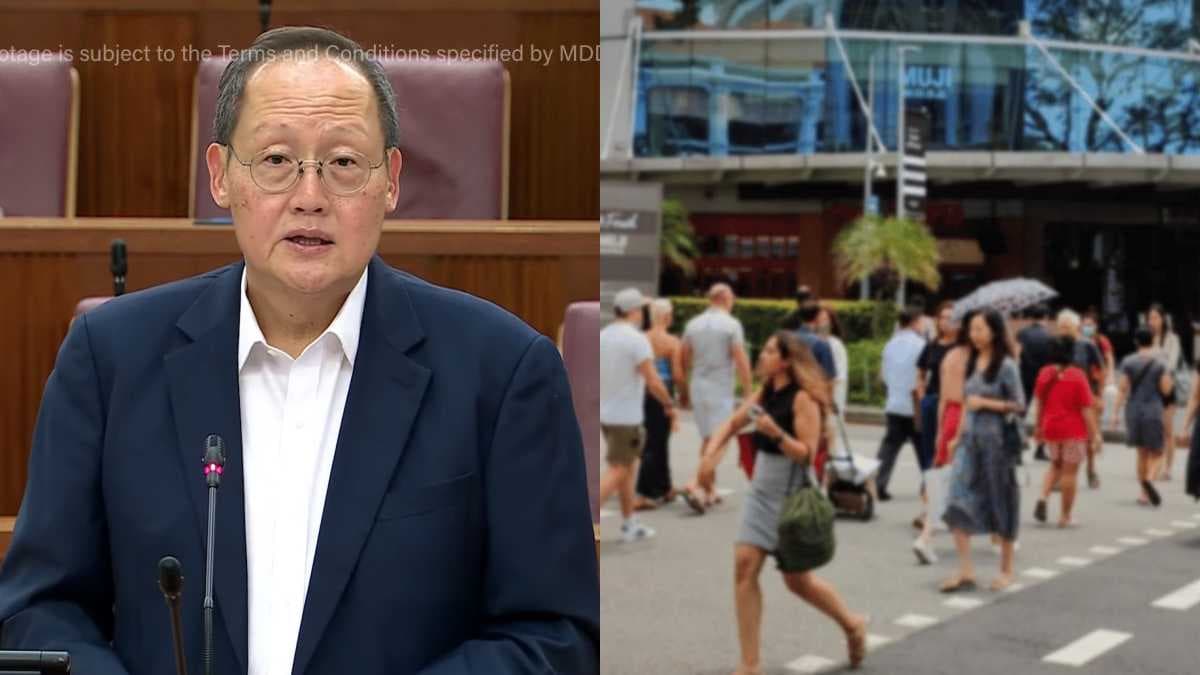
- Parliament passes the Workplace Fairness (Dispute Resolution) Bill, providing legal redress for workplace discrimination.
- The law is targeted to take effect by end-2027, with exemptions for firms under 25 employees initially.
- MPs raise concerns about accessibility, enforcement, and fairness for vulnerable and smaller groups.
Parliament on 4 November 2025 passed the Workplace Fairness (Dispute Resolution) Bill, a major step in Singapore’s move to strengthen protections against workplace discrimination.
According to the Ministry of Manpower (MOM), the Bill establishes a structured framework for workers who experience discrimination to seek redress through amicable and expeditious means, while deterring frivolous or malicious claims.
It follows an earlier Bill, passed on 8 January 2025, which defined the scope of anti-discrimination protections and employers’ obligations under the broader Workplace Fairness Act (WFA).
Implementation by end-2027
Manpower Minister Dr Tan See Leng said the Ministry of Manpower (MOM) aims for the law to take effect by the end of 2027, acknowledging the extensive groundwork needed to prepare employers, employees, and enforcement bodies.
He explained that preparation includes developing a pool of qualified mediators and providing resources to the agencies responsible for implementing the new framework. “Ensuring the readiness of all agencies is our topmost priority,” he said.
Dr Tan added that small firms with fewer than 25 employees will be exempted initially, allowing them time to adjust to the new standards. The exemption will be reviewed five years after the law’s implementation.
However, he stressed that these smaller firms must still comply with existing Tripartite Guidelines on Fair Employment Practices, and workers may continue to seek help from the Tripartite Alliance for Fair and Progressive Employment Practices (TAFEP).
Safeguards and flexibility
On procedural issues, Dr Tan said the law will include “time bars” that limit how long workers have to file claims, striking what tripartite partners consider a reasonable balance between the interests of employers and employees.
He noted that MOM will retain discretion to accept late mediation requests in exceptional circumstances, such as when workers are incapacitated or seriously ill.
The minister also clarified that unions may represent their members in mediation and at the Employment Claims Tribunal (ECT) if they belong to unionised companies, while non-union members may seek guidance from the National Trades Union Congress (NTUC).
While discrimination hearings will be held privately, Dr Tan said that judgments will be made public.
“We agree making WFA judgments publicly accessible will help employers and workers better understand how the law is applied,” he said. The Government is working with the courts to publish anonymised ECT and WFA judgments.
Concerns about accessibility for vulnerable groups
Several MPs earlier raised questions during the debate about how the legislation would ensure accessibility and fairness for vulnerable groups.
Bishan-Toa Payoh GRC MP Elysa Chen highlighted concerns over whether the Bill would “truly deliver fairness” for people with disabilities.
She recounted a case of a resident with autism who faced challenges navigating workplace processes, calling for additional frameworks to make redress more inclusive.
Tanjong Pagar GRC MP Joan Pereira said employees might not feel empowered to report discrimination due to fear of retaliation. She asked if the Government planned awareness campaigns to educate workers on their rights and evidence collection.
Holland-Bukit Timah GRC MP Edward Chia stressed that mediation must not only be available but also accessible and impartial.
He urged clear communication as TAFEP transitions from an advisory to an enforcement role, especially for lower-wage workers lacking human resources or legal support.
Funding and operational readiness
Bishan-Toa Payoh GRC MP Saktiandi Supaat asked whether TAFEP’s funding would be scaled up given its expanded enforcement responsibilities.
Desmond Tan, NTUC deputy secretary-general and Pasir Ris-Punggol GRC MP, suggested reviewing the ECT’s financial limits for workplace claims beyond the WFA, including salary and unfair dismissal disputes.
Pasir Ris-Punggol GRC MP Sharael Taha and Mountbatten SMC MP Gho Sze Kee questioned the exemption for small firms. Gho said leaving out firms with fewer than 25 employees could make their workers more vulnerable to discrimination.
“Authorities should not assume these firms will struggle with compliance,” she said.
Shawn Loh, Jalan Besar GRC MP proposed that the ministry provide standardised templates for grievance procedures to help smaller companies manage compliance costs. These templates could include commitments to investigate complaints and protect workers against retaliation.
Loh also asked how the ECT would deter frivolous claims and whether MOM might publish anonymised case results to set clearer precedents.
Transparency and data sharing
Jalan Besar GRC MP Wan Rizal Wan Zakariah supported publishing anonymised tribunal judgments, noting that proceedings could be intimidating for less-educated workers.
Meanwhile Denise Phua urged proactive prevention through Workplace Fairness Audits by medium and large employers, assessing fairness in hiring, promotion, and retention practices across gender, age, and disability. She suggested publishing aggregated, anonymised findings.
Hougang SMC MP Dennis Tan proposed that the ministry publish anonymised, aggregated quarterly data — including case numbers by sector, discrimination types, and outcomes — to help identify systemic patterns and guide policy responses.
Support for lower-wage and less-educated workers
MPs also emphasised support for workers who may find the claims process daunting.
Dennis Tan said that many lower-income and less-educated workers might be intimidated by mediation and tribunal proceedings.
He called for stronger public education to explain what documents to prepare and how to respond during hearings.
Sengkang GRC MP He Ting Ru pointed out the imbalance between employers and employees, noting that while neither side can have external lawyers before the ECT, some employers may have in-house legal counsel. She suggested creating a specialised office to guide workers in filing their claims.
Good faith in mediation
Sengkang GRC MP Louis Chua raised concerns over mandatory mediation, noting that its success depends on both parties’ good faith.
Workers who have experienced psychological distress or toxic environments may struggle to engage meaningfully in the process, he said.
He urged MOM to ensure mediation remains flexible, sensitive, and supportive for such claimants.
Commitment to fair and inclusive workplaces
Dr Tan reiterated that while the law’s implementation will take time, the Government’s goal is to ensure all parties — employers, workers, unions, and enforcement agencies — are ready.
“This legislation is not just about penalising unfair practices,” he said. “It is about building trust, transparency, and mutual respect in every workplace.”


